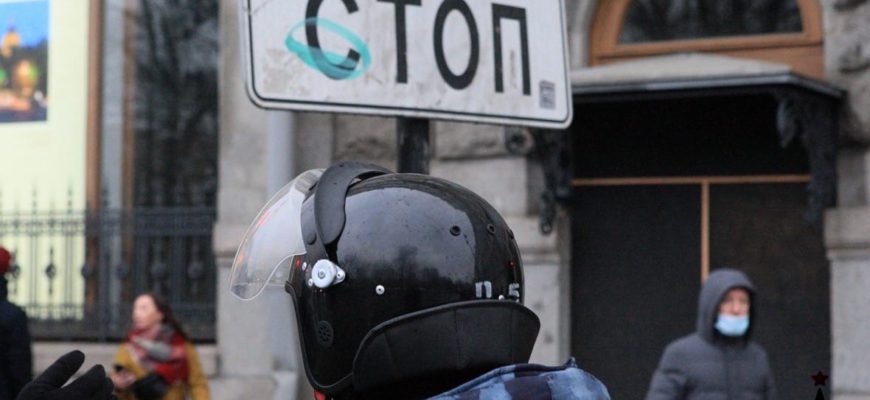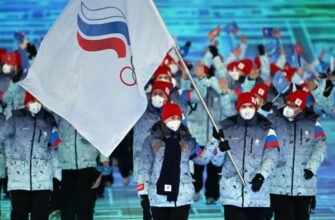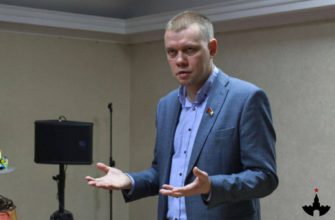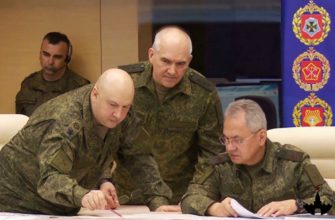On February 17, the European Court of Human Rights (ECHR) demanded the immediate release of Russian opposition leader Alexei Navalny, who is currently in jail, having been convicted by the Investigative Committee of Russia in the «Yves Rocher» case.
On 17 January 2021 politician Alexei Navalny returned to Russia from Germany and at the airport he was arrested. Since that time, more than 4 trials have been held over Navalny: in the case of ” Yves Rocher” and slander against veteran Ignat Artemenko, each of which Alexey’s lawyers lost: the opposition leader is obliged to spend 2 years and 8 months in a general regime colony, as well as pay a fine of 850 thousand rubles.
Reactions of Western countries to the events in Russia.
Obviously, such a high-profile event couldn’t do without the intervention of representatives of other countries.
On February 5, 2021, the new incumbent President of the United States, Joe Biden, expressed his position on the situation with Alexei Navalny in a State Department keynote speech as follows:
“Navalny’s politically motivated detention and Russian attempts to suppress freedom of assembly are an issue of deep concern to us and the entire international community“; “Navalny must be released immediately and without conditions.”
The press secretary of the President of Russia Vladimir Putin suddenly received a response: Dmitry Peskov called the rhetoric of Biden’s “aggressive.”
Not without Germany – Foreign Minister Heiko Maas shares the position of the President of the United States and also calls for the immediate release of Navalny: “Today’s sentence to Alexei Navalny is a heavy blow to the fundamental freedoms and the rule of law of Russia,” he said on February 2.
In response to the sharp reactions of Western countries, the official representative of the Ministry of Foreign Affairs of Russia, Maria Zakharova, asked not to interfere in the internal affairs of Russia, calling the opinions of representatives of the countries that spoke out “political bias”.
The essence of Article 39 of the ECHR Rules and the application.
The ECHR justified the demand for Navalny’s immediate release by “its own rules and rule 39″.
The court, in turn, refuted this guide to action, arguing that Alexey is being held in a well-guarded facility, has access to communication facilities, can use a mobile phone and meet with lawyers.
By the way, article 39 of the ECHR Rules refers to “the nature and extent of the risk to the applicant’s life” (“nature and extent of risk to the applicant’s life”) and “in the light of the overall circumstances, the applicant’s deprivation of liberty” (“in the light of the overall circumstances of the applicant’s current detention”).
The application for measures was filed on January 21, but its consideration was first postponed, and then, on January 26, it was canceled altogether.
How the arrest of Alexei Navalny and the demand of the ECHR to “immediately release” the opposition leader may affect further relations between Russia and the European Union.
On February 19, Foreign Minister Sergei Lavrov said that relations between Russia and the European Union were “torn to shreds” in an interview for RBC.
According to his words, stable relations between the European Union and Russia are hindered by bias and Russia is perceived as an “outsider”. Prior to this, Lavrov had already stated that in the event of the introduction of new sanctions by the European Union, relations with Russia would be severed, but, later, the Foreign Ministry explained that relations would be severed at the initiative of the EU. Dmitry Peskov also supported the statement of the Foreign Ministry, saying that Moscow does not want to break off relations with the European Union, but in the case of an initiative, Russia is “ready for the worst.”
In response to such statements by Russia, the official representative of the European Foreign Service, Peter Stano, said that they were taken into account.
The result of the decision of the Moscow City Court to reduce the term of Alexei Navalny.
“I asked to change the decision of the district court to read into the term of sentence time spent Bulk under arrest since December 30, 2014-18 Feb 2015” — so came the words of the Prosecutor on 20 February at the trial of Alexei Navalny, at the same time noting that the rest asks to leave the court’s decision unchanged.
Also, earlier, Alexey’s lawyers had already asked the Moscow City Court to cancel the decision to replace the suspended sentence with a real one, but they did not receive satisfaction.
At the moment, the term of Alexey’s stay in the general regime colony remains unchanged – he must stay behind bars for 2 years and 8 months. We can only follow the further development of events in Russia and the world and be ready for new high-profile events.








